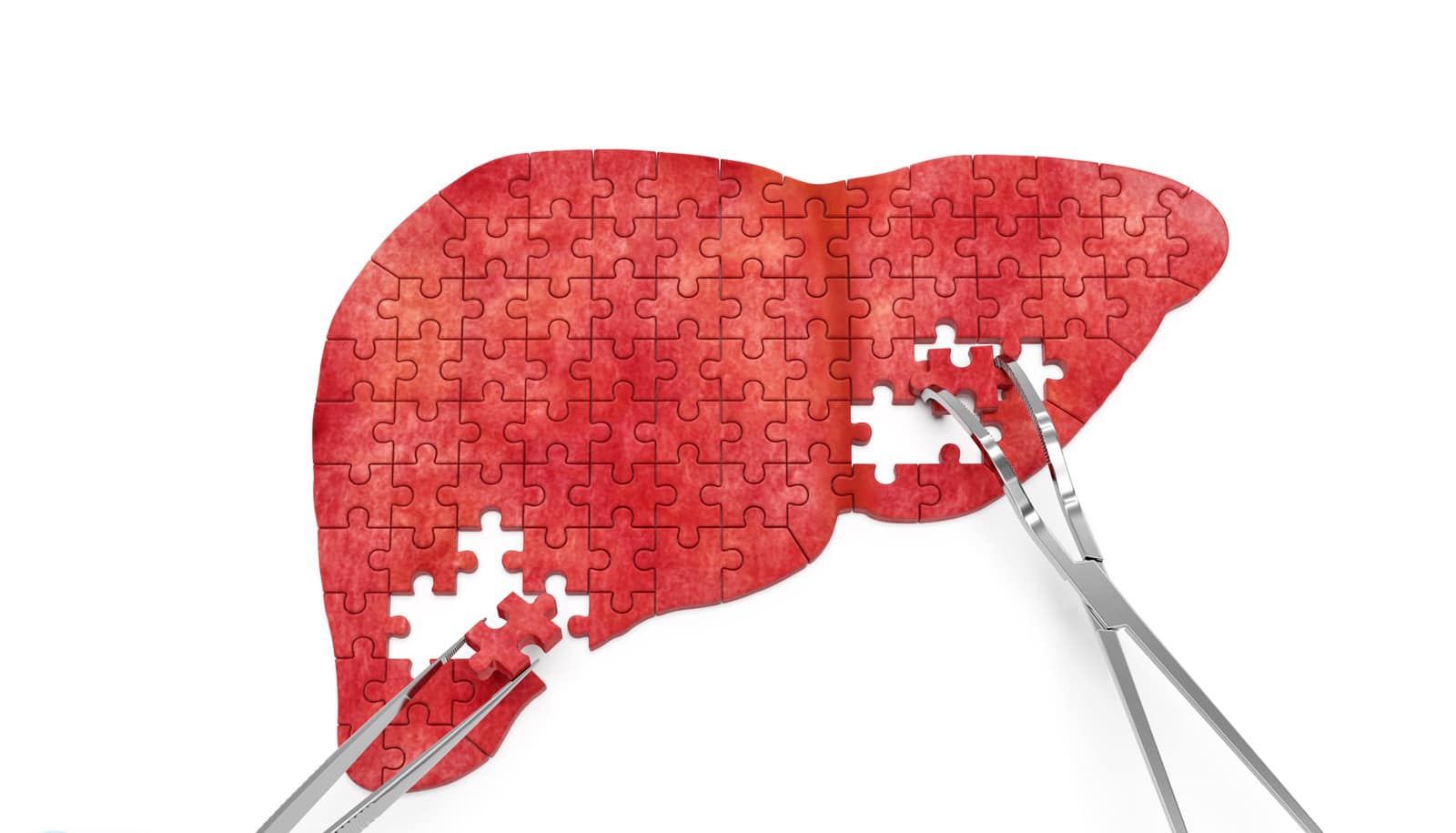The liver produces a hormone that tells the body to downshift its metabolism when it is using up too much energy, according to a new study.
The finding reveals a potential target for treating metabolic disorders.
Our bodies use several systems to maintain precise control of energy homeostasis—balancing the amount of energy we use and the calories we consume. The hormone leptin, for example, signals the brain to suppress appetite and increase burning of calories when energy stores are high.
“But much less is known about the other side of this equation: energy expenditure,” says Jiandie Lin, professor at the University of Michigan Life Sciences Institute and senior author of the paper in Nature Metabolism.
“How does the body sense rapid depletion of energy, and how does it tell the brain to adjust the body’s metabolism and maintain homeostasis? That’s the question we set out to answer.”
Energy expenditure
When researchers parsed gene expression data in mouse tissues, they found that when mice burned a lot of energy, such as when they needed to maintain body temperature in a cold environment, the hormone tsukushi (TSK) rose. TSK, excreted primarily by the liver, is a central player in nutritional, metabolic, and hormonal pathways.
“We think that TSK is somehow dampening energy expenditure,” says Lin, who is also a professor of cell and developmental biology. “When there is a rapid loss of energy, it puts a brake on metabolism. If we remove this brake, our prediction was that the mice would have accelerated burning of calories. And that turned out to be the case.”
When mice temporarily went without food, those lacking TSK lost significantly more weight than normal mice. The mice without TSK also tended to have a higher body temperature than normal mice, indicating that their bodies burned more energy when researchers removed the TSK brake.
The researchers also tested metabolic responses in mice given a high-fat diet. Normal mice approximately doubled in weight. The mice that lacked TSK only had about a 30 percent weight increase and displayed better metabolic parameters than the normal mice.
“We saw substantial protection against obesity,” says lead author Qiuyu Wang, a postdoctoral fellow in Lin’s lab. “And it comes with better glucose levels, reduced lipids, reduced fatty liver—really the whole package is improved.”
What about humans?
The researchers believe the hormone acts on the nerves that stimulate the activity of so-called brown fat, or thermogenic fat, which creates heat by burning energy to achieve the effects.
They next hope to investigate how TSK sends signals to the nerves to control fat burning and to explore strategies to dial down the TSK brake to treat metabolic disease.
An accompanying study from the Lin lab, which appears in Molecular Metabolism, shows that TSK deficiency also protects mice from diet-induced fatty liver disease. These findings illustrate the multifaceted beneficial effects of blocking TSK in preventing or treating metabolic disease, Lin says.
More research will need to determine whether and how scientists could use this hormone to treat human metabolic disorders. But the findings open a potential new strategy for understanding and improving metabolic homeostasis.
The National Institutes of Health, the Michigan Diabetes Research Center, and the Michigan Nutrition and Obesity Center funded the work. Additional authors are from the University of Michigan, Miami University of Ohio, and Kumamoto University, Japan.
Source: University of Michigan



